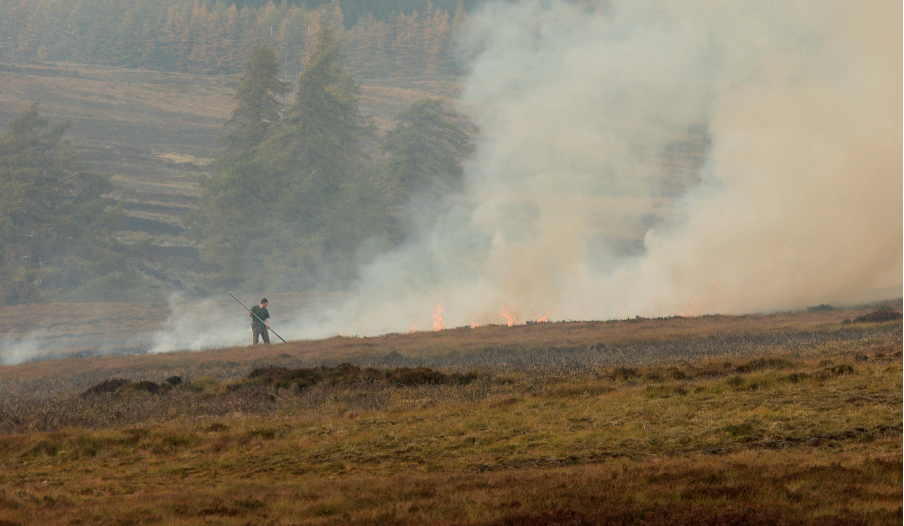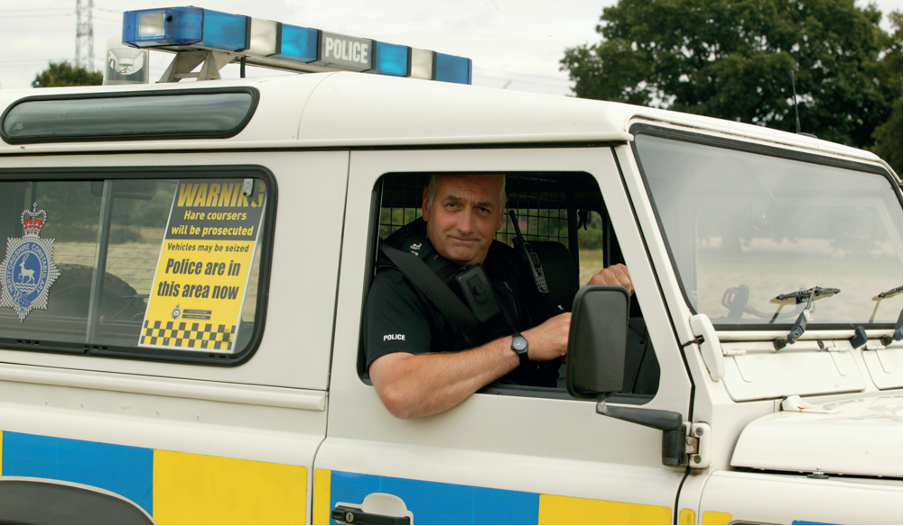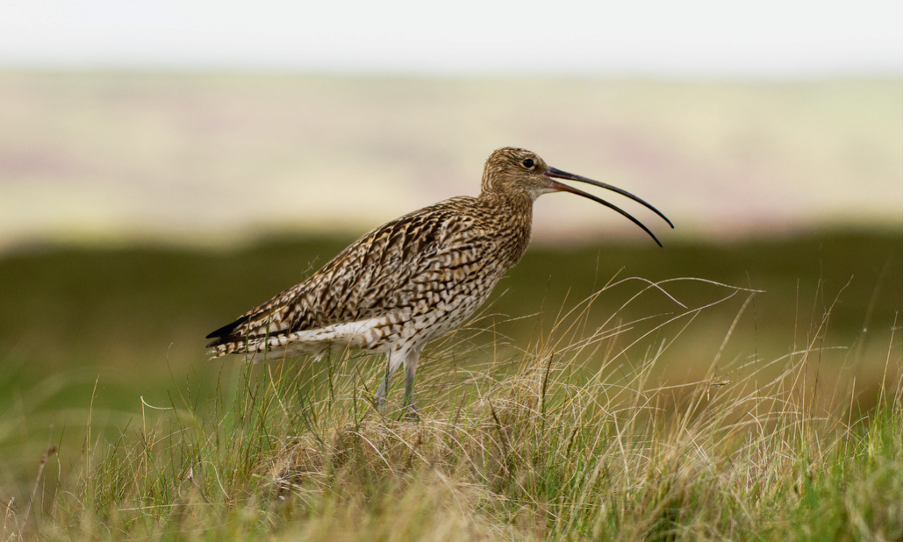News
Seeds of change
<strong>How the crops fared on Loddington Farm</strong>
Would you like to appear on our site? We offer sponsored articles and advertising to put you in front of our readers. Find out more.
This time last year we were helping the team from the Game & Wildlife Conservation Trust?s (GWCT) Allerton Project at Loddington, in Leicestershire, to make a fresh start, focusing on improving the integration of gamecover and stewardship crops. The project?s aims are to research the effects of farming on wildlife and the environment, and to disseminate the results through educational activities. We worked together to identify what was required to meet the needs of both wild and reared game, along with supporting an extensive Higher Level Stewardship (HLS) agreement.
Testing times
Over the past 12 months, we have learned that starting a flagship project in the wettest year in living memory is quite a challenge! Last year was a difficult one to work the ground on any farm or shoot in the country, but if you add Leicestershire?s heavy clay to the equation, it meant we had a real battle on our hands at Loddington, testing both our management techniques and the crop selection employed. I?m pleased to say that, following a harsh autumn and winter period, many of the crops on the project are slowly emerging to provide a promising beginning to the new season.
Prolonged rainfall meant that planting on the Allerton Project started at the end of May and finished in mid-July. Some of this was planned, but the majority was actually redrilling as a consequence of ongoing pest problems such as slugs and flea beetles. However, the spread of planting dates and crop varieties selected ensured good results were still achieved.
Careful planning and preparation ensured that appropriate crops were matched to local conditions. The gamekeeper on the project, James Watchorn, spent countless hours monitoring crops and treating pest problems at source. Without such commitment, the end results would have been far less notable and may well have affected the quality of sport experienced throughout the season.
Despite having a significant acreage of crops around the farm, it has become clear that narrow linking strips of annual gamecover such as maize need to be amalgamated into larger areas. James is working with Phil Jarvis, the project?s farm manager, to change areas of land for arable production into covercrops. This demonstrates how important it is to have a good relationship with land/farm managers ? with good communication, changes can be made that are satisfactory for both the shoot and the farm business.
As part of Loddington?s HLS agreement, the new Natural England HF24 supplementary feeding option for farmland birds has been implemented and is already proving successful. As seed advisors, we are always striving to find a new crop or manipulate management techniques to secure a supply of seed as food for birds through to the end of March. This is possible in a good growing year, as seed yield will often keep birds going through the ?hungry gap? period from December. However, in a year such as 2012, when crop establishment was not so good, we need an alternative option. All game managers know the benefit to the whole farm of feeding gamebirds through the winter, and this principle has been transferred into this option.
Regular distribution
As with many Entry Level Stewardship/HLS options, this new option is an idea that has come full circle, having actually started life as part of a project at Loddington some years ago. Regular distribution of a mixture of wheat, rape, millet, sunflower and canary seed ? either on the ground or via feed hoppers ? is working well. It can attract a payment through HLS of £822/ton of feed used. Though this may seem like easy money, it requires a commitment to feed up to twice a week until the end of March, and to keep a record of which seed is used and where.
This is set to be an exciting year for the Allerton Project, especially as it celebrates its 21st anniversary this summer. There are many events for keepers and farmers planned for this year, so if you get the chance to visit this fascinating research farm, make sure you take it.
For further information about the Allerton Project, visit www.gwct.org.uk. For advice on crop selection and management techniques, contact Kings, tel 0800 587 9797, email richard.barnes@frontierag.co.uk or visit www.kingscrops.co.uk.
Related articles
News
Hit pause on flawed rollout, urges BASC
BASC calls for delay to the Scottish government’s muirburn licensing scheme amid concerns from practitioners over the code’s workability.
By Time Well Spent
News
More power to police for tackling poachers
Following countryside organisations’ campaigning, penalties for illegal coursing have increased, with average fines up from £360 to £6,000
By Time Well Spent
Manage Consent
To provide the best experiences, we use technologies like cookies to store and/or access device information. Consenting to these technologies will allow us to process data such as browsing behavior or unique IDs on this site. Not consenting or withdrawing consent, may adversely affect certain features and functions.
Functional Always active
The technical storage or access is strictly necessary for the legitimate purpose of enabling the use of a specific service explicitly requested by the subscriber or user, or for the sole purpose of carrying out the transmission of a communication over an electronic communications network.
Preferences
The technical storage or access is necessary for the legitimate purpose of storing preferences that are not requested by the subscriber or user.
Statistics
The technical storage or access that is used exclusively for statistical purposes.
The technical storage or access that is used exclusively for anonymous statistical purposes. Without a subpoena, voluntary compliance on the part of your Internet Service Provider, or additional records from a third party, information stored or retrieved for this purpose alone cannot usually be used to identify you.
Marketing
The technical storage or access is required to create user profiles to send advertising, or to track the user on a website or across several websites for similar marketing purposes.



